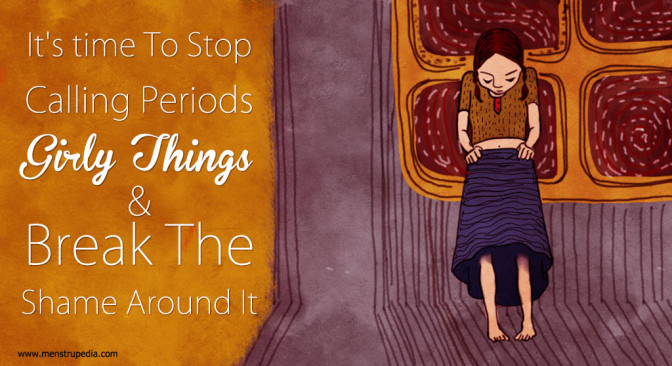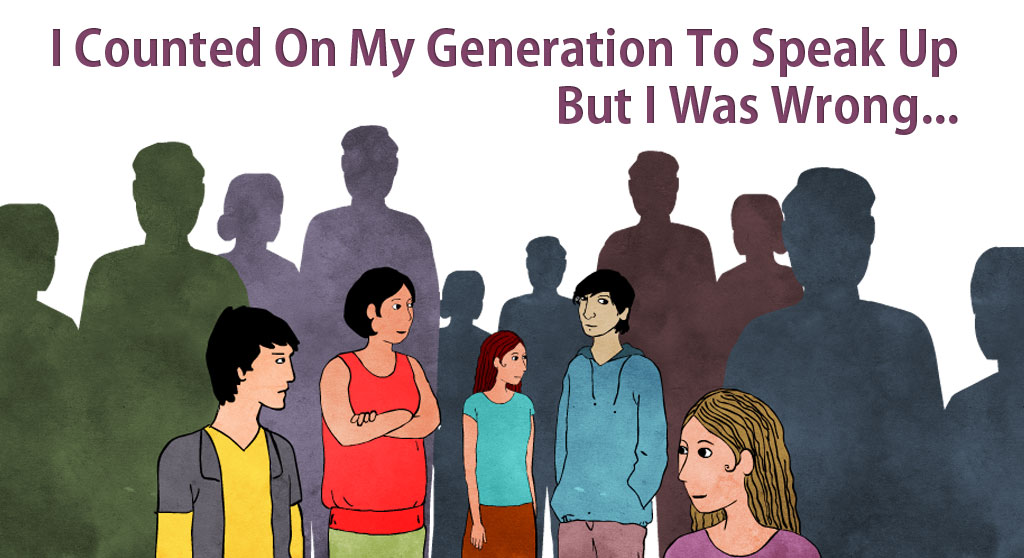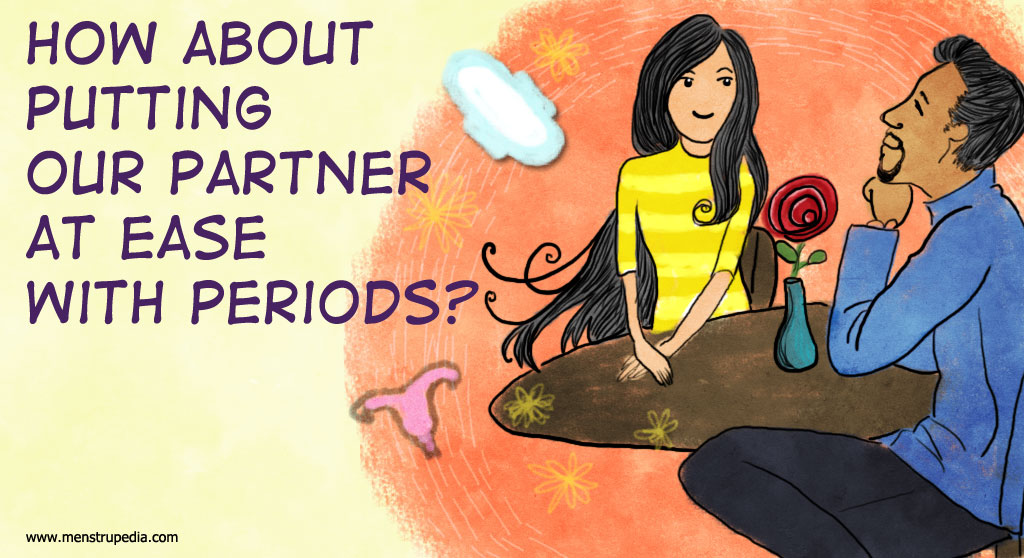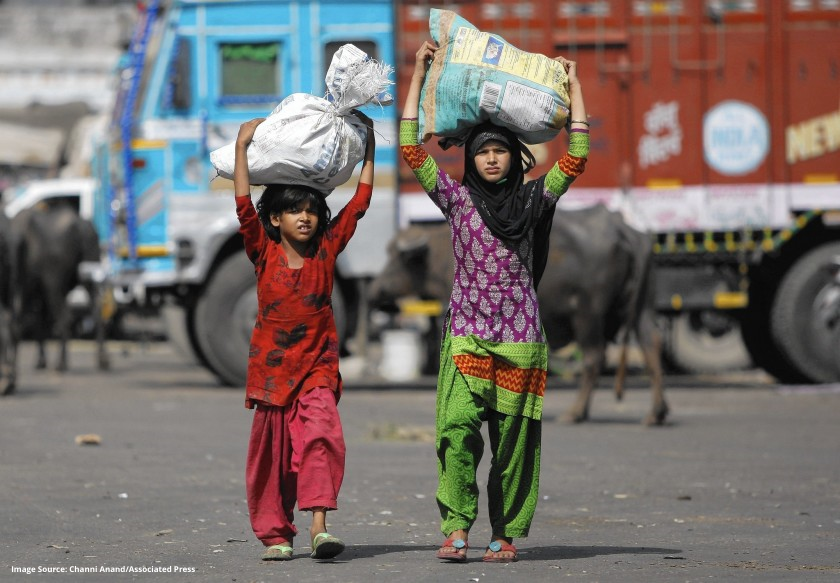Hunger, thirst, sleep, urination – all these have commonalities. One, they are a part of nature; two, they are all related to our bodies; and, three, we usually don’t hesitate to talk about them. But there is something else, which belongs to the first two categories and not the third and that’s menstruation. In metropolises and a few big cities, the taboos surrounding menstruation are relatively lesser than the rural areas, but by and large, it is still a forbidden topic to speak out loud about. In workplaces, colleges and schools, it is referred to with a variety of euphemisms like ‘that time of the month’, ‘girly things’, and yes the most telling of them all, as ‘stomach aches’. Even today, many girls feel uncomfortable when watching a sanitary napkin advertisement in the company of members of the opposite gender like their fathers, brothers and friends when the atmosphere in the drawing room inevitably gets all silent and awkward.
The other aspect to menstruation is the exclusion that it imposes during the dreaded monthlies. It is this monthly process which is responsible for new births. It is this process due to which there are people coming into this world. Yet it’s the very same thing that is considered unbecoming for auspicious offerings, including simple prayers made to the Almighty. This is probably one of the biggest ironies that I have witnessed to this date. The one thing that really puzzles me is why girls are not eligible to offer prayers during their periods.
A recent statement made by the Sabarimala temple’s chairman that women would be allowed into the temple only after a machine checked if she was ‘pure’ or ‘impure’ is both barbaric and archaic. And it’s not only that – in my community, when a girl attains her puberty, it is celebrated by performing poojas that are followed by a feast. The very thing they are celebrating becomes a no-no topic to even mention the very next day. People are still very ignorant. They just follow age-old practices without any basis of rationality. In earlier days, there were child marriages and girls used to attain puberty after their weddings.[inlinetweet prefix=”” tweeter=”” suffix=”null”] To let the world know that she was ‘ready’ to bear kids, a function or rather a public gathering of sorts used to be arranged. [/inlinetweet]This is still in practice in the name of supposed tradition and culture. The irony here is that they announce the girl’s puberty by arranging for a party but the girl is made to feel inhibited to talk about it to anybody in the later parts of her life.
In my view, gender inequality, which is a deeply rooted element of our society, has a major role to play in these perceptions. Had women not been subjugated, had they been given the push and the courage to stand up for themselves, to speak for themselves, to question wrongs, to demand for their rights to let them prove their mettle, then I am sure that the situation would have been very different, and only for the good.
We are living in the 21st Century. It is the age of technology, of progress and of mind power. Being regressive with patriarchal worldviews would remain a curse and leave a dark spot on these times. Let us not put up with this any longer. Taboos on menstruation are definitely regressive. It is time to change this mindset and make everybody realize the importance of this beautiful process. It is time to make women feel proud of menstruating. Let’s all lend our hand in changing the prevailing mindset that inhibits women from speaking about their monthlies in public and which ostracizes them during their periods.
Author: Deepti Nadiminti
Deepti is an aspiring Civil Servant and an amateur writer. Writing has brought the feminist out of her, as women’s issues inspire her to write. She blogs here.
Edited by – Divya Rosaline








